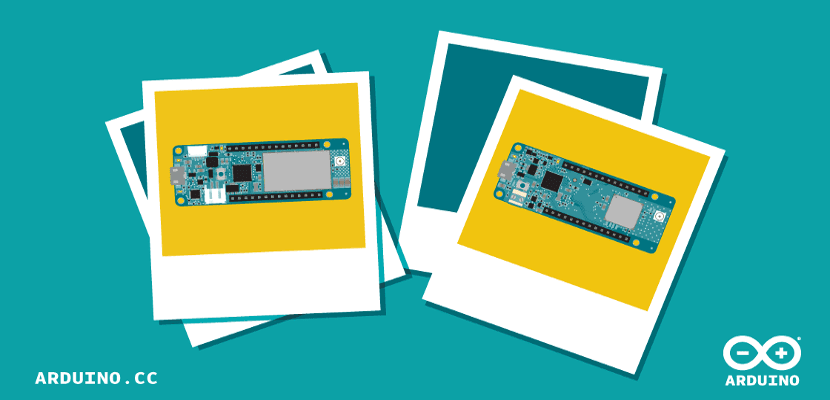
During these days the most important Maker Fair of the year has taken place in New York. A fair where the most popular and not so well known projects have presented their projects and their new devices. Arduino has also been at this Fair and has presented two new boards of the Arduino family.
These plates are known as Arduino MKR WAN 1300 and Arduino MKR GSM 1400. Two small boards that are focused on the IoT world and that will certainly help the user to make smart projects or at least participate in the Internet of Things.
MKR WAN 1300 board has wireless communication attached to a board layout MKR Zero Board, that is, we will have support for 32-bit applications. The plate features 256KB of flash memory and 32KB SRAM. It can run on the power of two 1,5V batteries and all in a size of 67,64 x 25mm. By having wireless communication, the device you connect to will have the option of communicating to the Internet.
The Arduino MKR GSM 1400 board is an option that follows the path of many IoT projects. This plate, as its acronym indicates, contains a GSM module that will allow remote connection without the need for a router, only with a mobile phone sim card. The design of the rest of the components of the board is similar to the MKR Zero Board, but the energy consumption is not the same as in the MKR WAN 1300 board, being higher. The plate MKR GSM 1400 requires at least one 3.7V LiPo battery in order to function properly. This energy increase is due to the GSM module that the board has, but this does not mean an increase in size, having the same size as the MKR WAN 1300 board.
These two new models of Arduino boards can be reserved for purchase through the official Arduino website. The MKR WAN 1300 board has a cost of 35 euros while the MKR GSM 1400 board has a cost of 59,90 euros. Two reasonable prices if we take into account the quality of the plates and the large community that this project has. So it seems that Arduino is still fighting for the creation of a free environment for IoT. However Will these boards have the same success as Arduino Yún? What do you think?